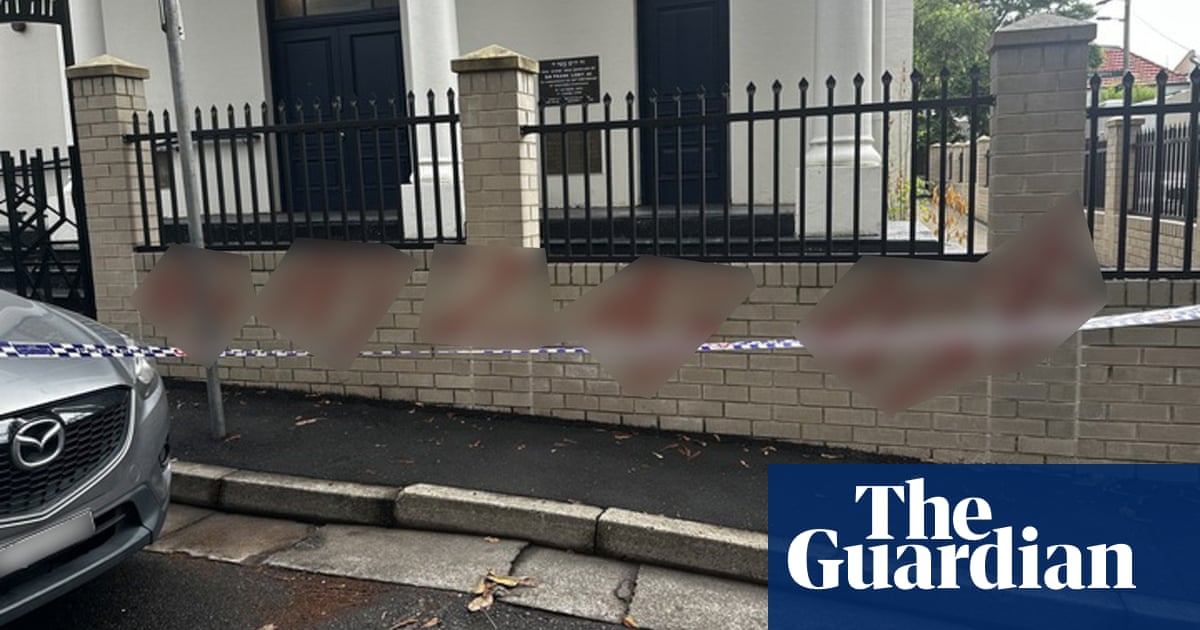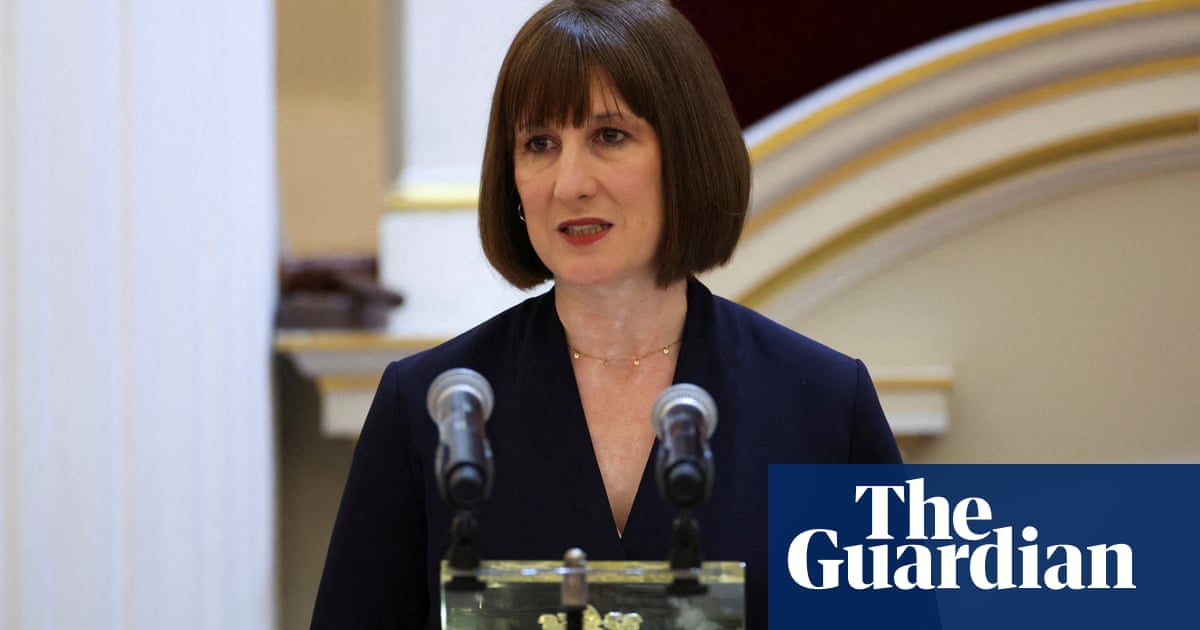People will tell you there’s no such thing as club DNA. How could there be? The managers change, the players change, the directors and backroom staff change. So how can a club have a distinctive identity? How can Spurs be Spursy? How can Bayern have Dusel? Why are Ajax still be banging on about playing the game the right way?
Often it makes little sense. A mood transmitted from the fans, perhaps? A culture passed on from player to player, director to director? Something in the very air around the stadium? But occasionally there are times when it’s perfectly obvious why a club is the way it is, why it is apparently locked in a cycle of otherwise inexplicable behaviour. Real Madrid act like Real Madrid because the club’s president is, as he has been for all but three years since 2000, Florentino Pérez. And there is nothing Pérez likes more than a famous, expensive footballer.
Post-Covid, as the whole of European football felt a financial pinch, Madrid seemed to have changed. The club made a series of wise transfers, buying players on the way up. Aurélien Tchouaméni, Eduardo Camavinga and Jude Bellingham weren’t cheap exactly – they cost a little more than $250m between them – but neither were they galácticos in the truest sense. They still had development to come and, by doing so together, seemed to be developing, with Vinícius Júnior, Rodrygo and Fede Valverde, a mutually compatible style. Pérez dropped Kylian Mbappé into this blend, which is starting to resemble events from the summer of 2003, when he bought David Beckham but sold Claude Makélélé and destroyed the balance of the side.
Madrid boycotted this year’s Ballon d’Or ceremony after it became apparent Vinícius wasn’t going win. Which does rather demand the question of why, if they regard it as such an outrage that Rodri was preferred to Vinícius, they brought in a player who plays in the same position as him and has very similar characteristics, for a huge signing-on fee. Vinícius likes to play on the left. He can go long spells without being involved in the game. But he has ferocious pace, great skill and imagination and is a brilliant and unusual finisher. Just like Mbappé.
Last season the balance of the forward line seemed perfect. Bellingham played centrally but dropped deep, creating space for Vinícius from the left or Rodrygo from the right to swoop into. Add Mbappé into that and the result is a mess. Bellingham scored 19 times in 28 league matches last season; his goal against Osasuna on 9 November was his first for Real this season, as he has been forced to operate deeper. Rodrygo has ended up being nudged out, essentially for not being famous enough, while Mbappé, although he has scored six league goals, has cut a frustrated figure for a team who have lost ground to Barcelona in La Liga and are off to a mediocre start to their Champions League title defence.
Mbappé is, of course, a player of astonishing gifts, not just technically exceptional, but impossibly fast with it. Watching him tear Argentina apart at the 2018 World Cup was viscerally thrilling. He was only 19 at the time but seemed astoundingly mature. There appeared no limit to what he might achieve. Since then, he’s remained frozen in potential. Paris Saint-Germain, a club where he was rarely challenged and had enormous political clout, was a move almost destined to stunt his development.
In that squad, in that league, with his talent, he could essentially do what he wanted. It was all very easy for him and the result was that, in big games, he was often involved only fleetingly, if at all. It has been a similar story for France. In the 2022 World Cup semi-final and final, he had to be moved off his preferred left flank into the centre because of his refusal to track the opposing right-back. He did, eventually turn it on in the final – although his hat-trick comprised two penalties and a stunning volley – but had he not been so disengaged, Argentina might not already have been 2-0 up.
Mbappé is now out of the France squad as he goes through what his national coach Didier Deschamps termed “a difficult period” that has “a physical element and a psychological one”. The break, perhaps, will do him good; certainly it’s easy enough to understand why players should need time off given the relentless nature of the calendar. He’s scored only once in his last eight games but, worse than that, he seemed entirely unable to work out how to deal with Barcelona’s high line in the Clásico, being caught offside eight times.
The fear must be that his time in Paris, when he was challenged so rarely, has blunted his edge so he has forgotten how to solve problems on the pitch. Hopefully for him – and for football – it will return. But his case does show the potential problems – even for the most talented players – if they choose the wrong club. Given the tactical issues, it may be that Real Madrid isn’t the right one for Mbappé either.
after newsletter promotion
-
This is an extract from Soccer with Jonathan Wilson, a weekly look from the Guardian US at the game in Europe and beyond. Subscribe for free here. Have a question for Jonathan? Email [email protected], and he’ll answer the best in a future edition

.png) 1 month ago
11
1 month ago
11













































